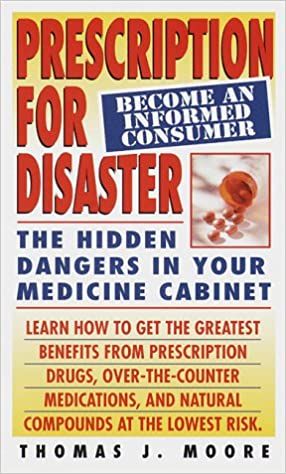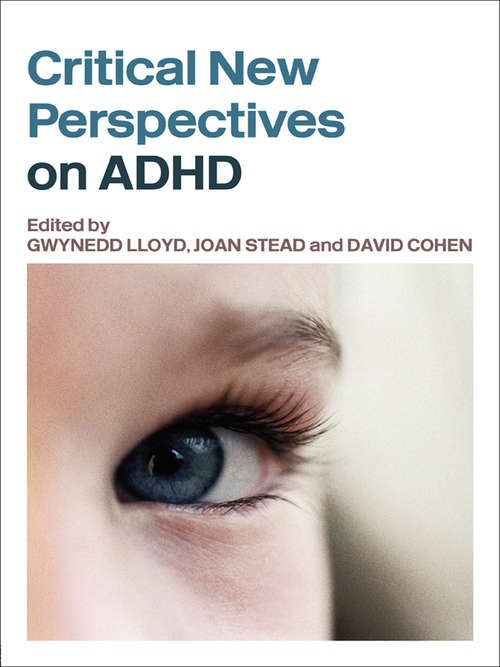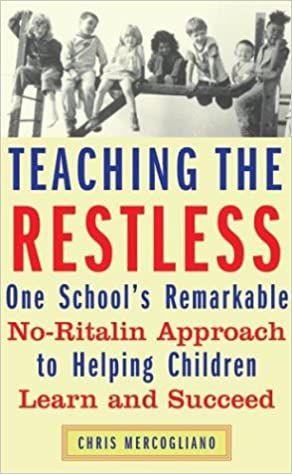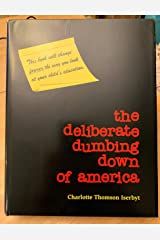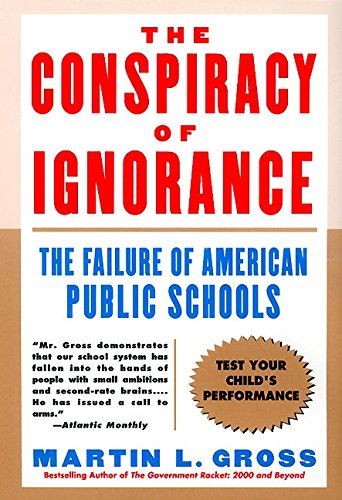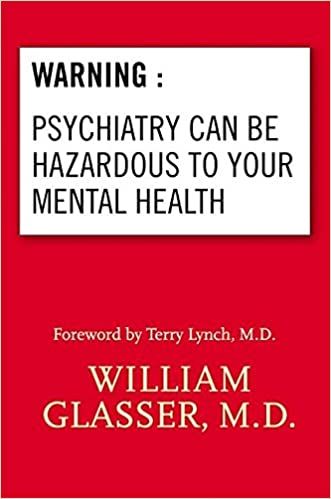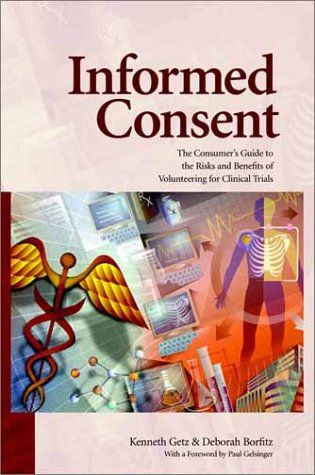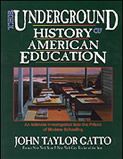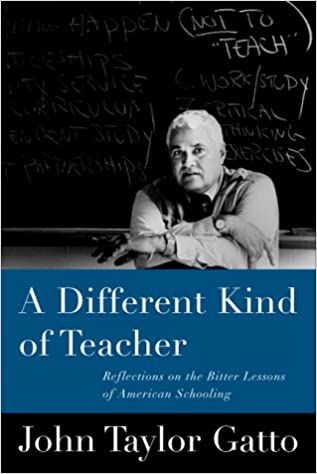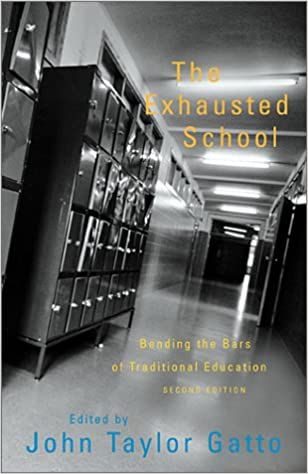Prescription for Disaster: The Hidden Dangers in Your Medicine Cabinet
Prescription for Disaster: The Hidden Dangers in Your Medicine Cabinet is a book designed to create informed consumers. There is too little known about the long-term safety of many drugs that are prescribed to hundreds of thousands of children, such as Ritalin. Other drugs like Xanax are very addictive, and there are countless side effects for so many other drugs that are prescribed liberally by doctors. Thanks to lack of testing by the FDA and insufficient monitoring of side effects, and the failure of doctors to provide patients with adequate information about the potential risks for the drug they are being prescribed, it’s no wonder that prescription drugs are involved in 100,000 deaths per year, as the book states. And this is just the beginning of the statistics, shocking situational examples and thorough research that is laid out in this revolutionary book.
Consumers and patients have become part of the problem as well by not being informed, and this is why consumer advocate and prizewinning investigative journalist Thomas Moore wrote this eye-opening book. He provides a wealth of important information on side effects and potential dangers associated with common drugs prescribed for all kinds of medical conditions. Prescription for Disaster: The Hidden Dangers in Your Medicine Cabinet also guides the consumer on what many of the different warnings and labels mean that are found on prescription drugs, and what questions you need to be asking your doctor and pharmacist. Moore makes a strong and emotionally appealing case in this book that should be read by all prescription drug consumers.
About the Author
Thomas J. Moore is a award-winning investigative reporter who also spent six years researching and writing about prescription drug safety and dangers as a senior fellow in health policy at the George Washington Medical Center. He is co-author of more than 30 scientific studies focusing on clinical trials, US Food and Drug Administration regulation of therapeutic drugs, adverse event reporting, pharmacovigilance with electronic health records, and the risks of psychoactive therapeutic drugs.
Aside from Prescription for Disaster, Moore has written three other books total around the safety and dangers of prescription drugs. His book Deadly Medicine told the gripping story of the nation’s worst drug disaster that killed tens of thousands of heart patients. His other two books are called Heart Failure and Lifespan: Who Lives Longer and Why. For ten years Moore served as project director for QuarterWatch: An Independent Perspective on Emerging Drug Risks, a drug safety publication of the non-profit Institute for Safe Medication Practices. His consulting and research are conducted under the umbrella of Drug Safety Research, a sole proprietorship with offices in Alexandria, Virginia. Through his research, Moore has worked with lawyers, the national news media, and pharmaceutical fraud prosecutors on a wide variety of projects.
Reviews
Kirkus Reviews:
“The key to improving the system, Moore says, is an informed, concerned, and even demanding public, which this book is designed to create. Vintage Moore—sharp, readable, persuasive.”


